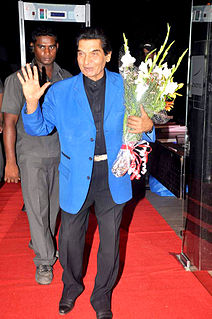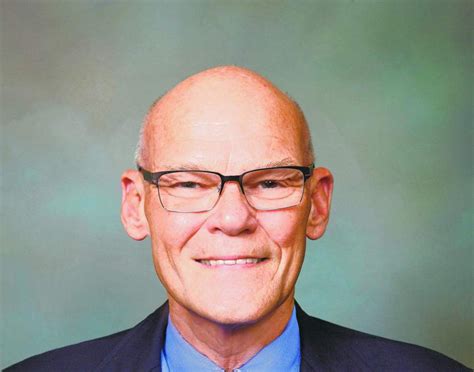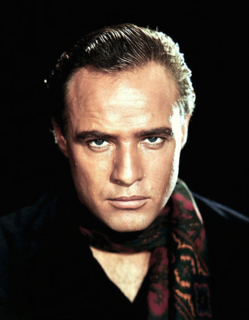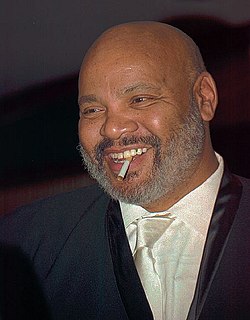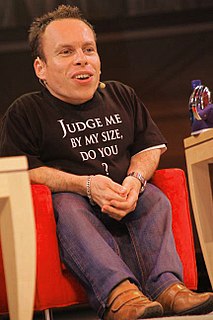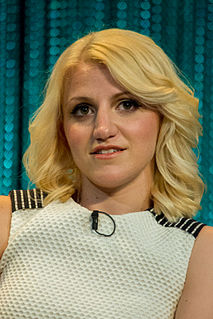A Quote by Asrani
The stage is one place where you come face to face with your audience, unlike cinemas where you cannot see the applause or the booing by the audience.
Related Quotes
In film, the camera can get an array of shots so the audience can see the emotion the character is giving off. Using close-ups on the character's face really helps get the message across. On stage, you can't do that. But the stage has that live feeling that you can't get anywhere else because the audience is right there.
In film, the camera can get an array of shots so the audience can see the emotion the character is giving off. Using close-ups on the characters face really helps get the message across. On stage, you cant do that. But the stage has that live feeling that you cant get anywhere else because the audience is right there.
You see, what is my purpose of performance artist is to stage certain difficulties and stage the fear the primordial fear of pain, of dying, all of which we have in our lives, and then stage them in front of audience and go through them and tell the audience, 'I'm your mirror; if I can do this in my life, you can do it in yours.'
You see, what is my purpose of performance artist is to stage certain difficulties and stage the fear the primordial fear of pain, of dying, all of which we have in our lives, and then stage them in front of audience and go through them and tell the audience, I'm your mirror; if I can do this in my life, you can do it in yours.
I didn't have traditional stage fright. If there was 500 people in the audience or three people in the audience, it didn't really make a difference. What made a difference was the conductor. Everything that I was scared about as a drummer was him. It was his face. It was whether or not he'd approve of my playing.
On camera, the audience can see your eyes close up - they can see behind your eyes - and when you're on stage, you need to make sure that the person sitting in the back row can feel what's happening behind your eyes, even if they can't see them. Having a live audience is exhilarating and exciting all on its own, but you know, it is quite different.
